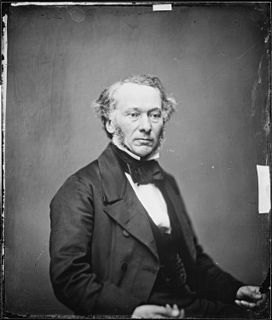A Quote by Raghuram Rajan
Ultimately, in the long run we need to immunise our system from being overly responsive to fluctuations in the exchange rate; that is, people should, by and large, be reasonably hedged, or they should borrow more in domestic currency rather than foreign currency.
Related Quotes
The IMF insisted that both Russia and Brazil maintain their currency at over-valued levels. Who are you protecting when you try to maintain that exchange rate by having high interest rates? You're protecting domestic and foreign firms that have gambled on the exchange rate. And who is paying the price? The small businesses that did not gamble [and no longer can afford loans], the workers who are going to be put out of jobs.
The lesson for Asia is; if you have a central bank, have a floating exchange rate; if you want to have a fixed exchange rate, abolish your central bank and adopt a currency board instead. Either extreme; a fixed exchange rate through a currency board, but no central bank, or a central bank plus truly floating exchange rates; either of those is a tenable arrangement. But a pegged exchange rate with a central bank is a recipe for trouble.
I hold all idea of regulating the currency to be an absurdity; the very terms of regulating the currency and managing the currency I look upon to be an absurdity; the currency should regulate itself; it must be regulated by the trade and commerce of the world; I would neither allow the Bank of England nor any private banks to have what is called the management of the currency.
Government, possessing the power to create and issue currency and credit as money and enjoying the right to withdraw both currency and credit from circulation by taxation and otherwise, need not and should not borrow capital at interest as a means of financing government work and public enterprises.
No duty is more imperative for the government than the duty it ;owes the people to furnish them with a sound and uniform currency, an of regulating the circulation of the medium of exchange so that labor will be protected from a vicious currency [private bank-created, interest-bearing debt], and commerce will be facilitated by cheap and safe exchanges.
































